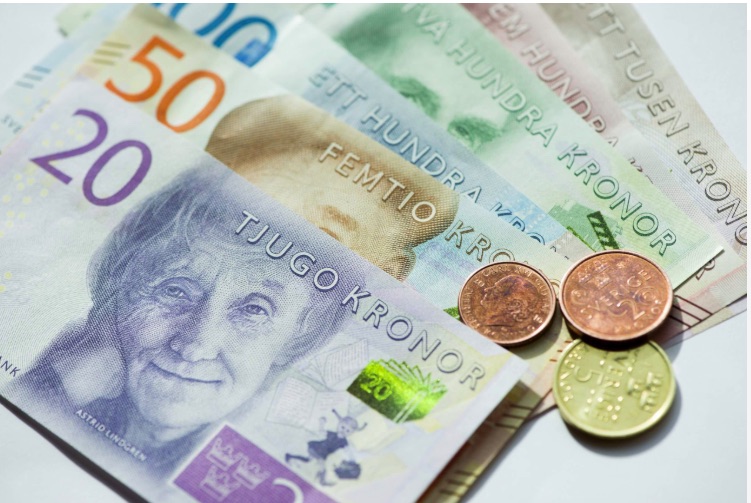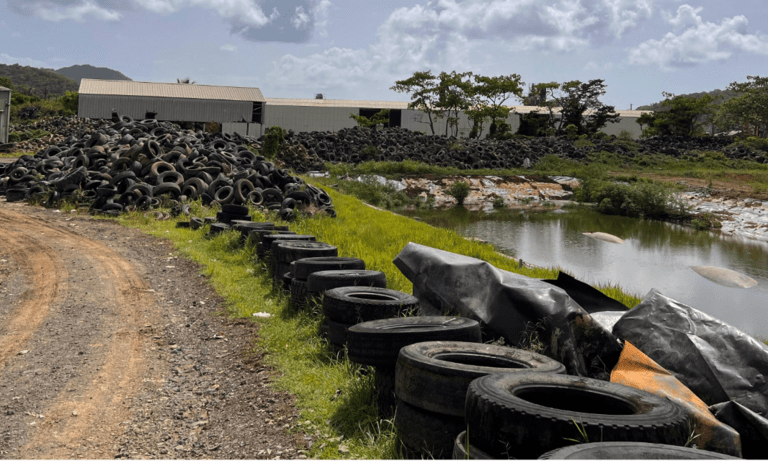At a bank in central Stockholm, during 2013, an aspiring bank robber was told he had selected a “cash-free” location. Sadly leaving with nothing, he probably considered changing his occupation.
Only nine years later, there were no bank robberies in Sweden:
Sweden’s Cashless Economy
With transaction volume close to 100 percent, Sweden’s cashless economy is a global pacesetter:

However, in 2018, looking at Sweden’s march toward cashlessness, we said it was complicated. In its cafeteria, Ikea catered to elderly diners who were most comfortable with kronor in their wallets. Similarly, Sweden’s rural population was resisting cashlessness.
Now, recognizing the downside of a cashless economy, Sweden’s Riksbank recommended legislation that protected cash. Expressing concern with financial exclusion, they also worried that digital transactions need functional electricity and telecommunications, and hacking safeguards. As a result, protecting cash as a backup is necessary.
Our Bottom Line: CBDCs (Central Bank Digital Currencies)
As the cashless economy’s sister, a CBDC sidesteps the traditional banking system. Instead, individuals have an account with the government rather than a bank. To make a purchase, you might just open your central bank “wallet” on your phone or smart watch. Instantaneously, you know how much you have to spend. Involving no credit or debit cards, the money is right there.
Below, you can see that CBDC pilots and launches remain limited:
![]()
While adopting a CBDC can sound simple, this transaction description conveys the daunting infrastructure that needs to be established (and the potential for unintended consequences). Again, with Sweden leading the way, the Riksbank illustrated how transactions unfold. In the same post, they included a video description that was excellent (but I could not link to it on YouTube) so do take a look:

My sources and more: Looking at money beyond the U.S., I like to check with Bruegel and the Atlantic Council. From there, The Economist also is a handy destination for a non-U.S. perspective on currencies and a cashless economy. As always, from there, I go to Sweden. Summarized here, this Riksbank letter emphasized their cash concerns. Also, we have a description of the e-krona pilot status and a CBDC transaction. Please note that several of today’s sentences were in a past econlife post.
Related
Publisher: Source link











